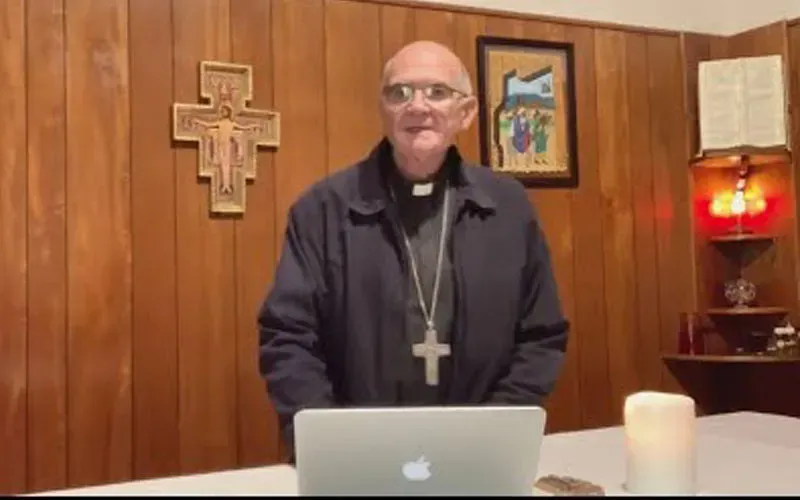Cape Town, 31 July, 2021 / 11:00 pm (ACI Africa).
While the recent violent protests in South Africa were generally characterized by vandalism, looting, injuries and loss of human lives, there were people who showed genuine goodness and concern for others, a South African Archbishop has said in a prayerful reflection.
In his Wednesday, July 28 Prayer and Reflection, Archbishop Stephen Brislin who was looking back at the recent violent protests in South Africa alongside challenges occasioned by COVID-19 pandemic acknowledges with appreciation the “groundswell of concerned and good people.”
“Even in the dreadful looting and destruction that we witnessed recently in South Africa, there followed an outpouring of goodness as people turned out to clean up, to guard sensitive areas and to seek answers for and understanding of what had taken place,” Archbishop Brislin says.
The South African Archbishop adds, “There has been a groundswell of concerned and good people calling for root causes to be identified and addressed, for the injustices of the inequality and poverty of our country to be recognized.”
“We may think that these signs are small in comparison, that they are, by and large, spoken about by mostly powerless people, but the signs – like the miracles of Jesus – indicate something far greater at work,” he says, underscoring the good values a section of South Africans brought forth during the recent violent protests.








